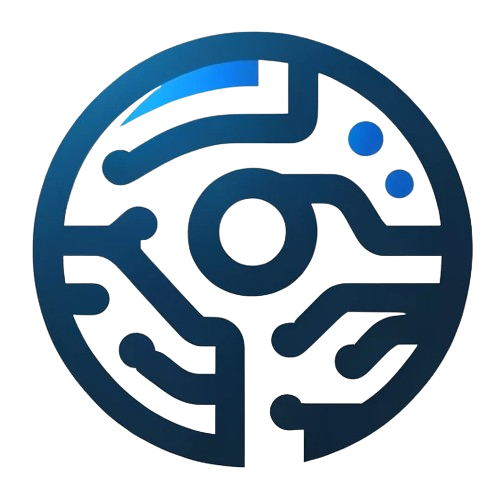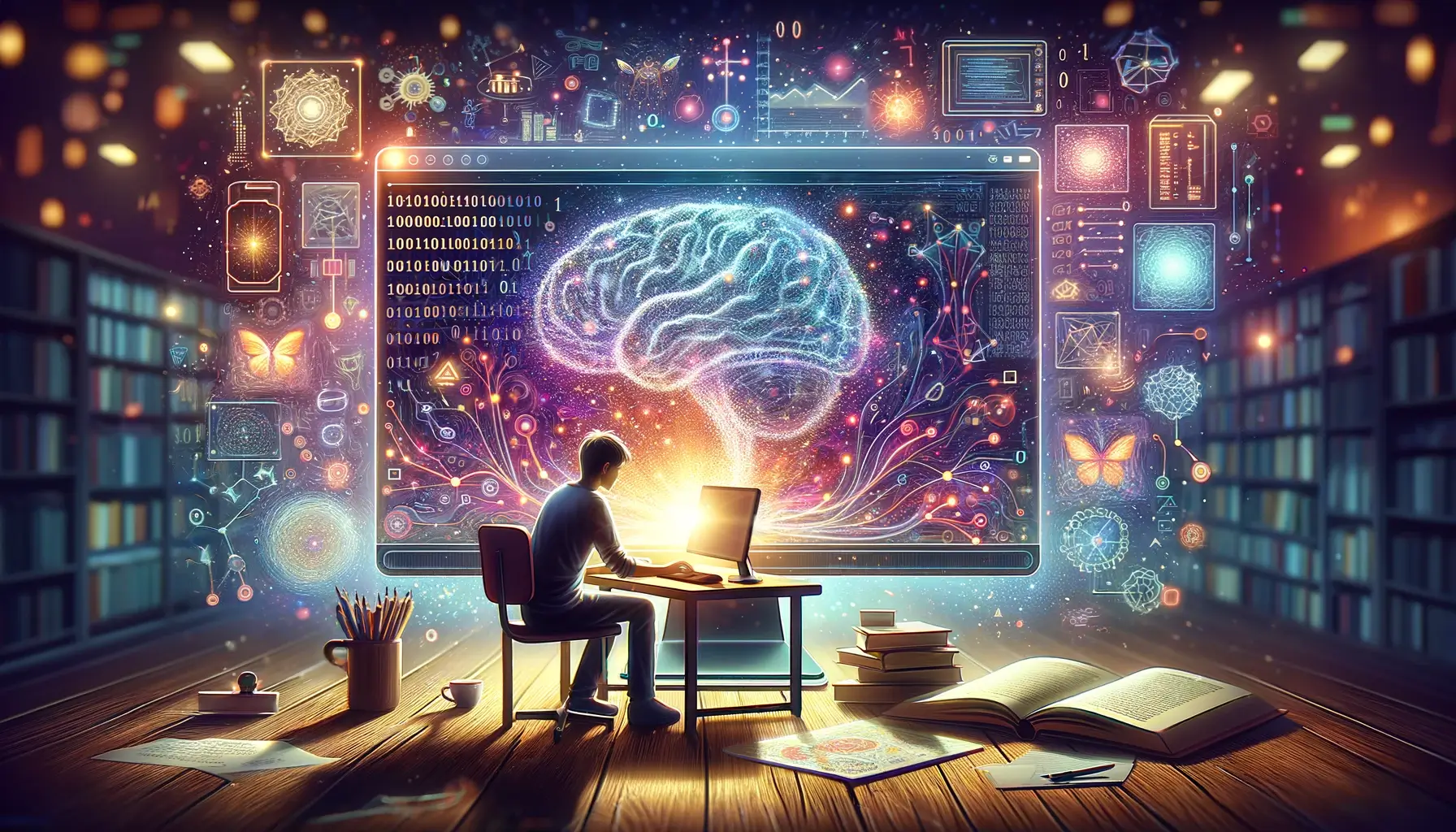As we step into the future, the landscape of coding and software development is undergoing a seismic shift, courtesy of advancements in Artificial Intelligence (AI). The rapid evolution of AI technologies is not only reshaping how we approach coding but also redefining the skill sets required for the next generation of developers. In this blog post, we explore the future of coding in the age of AI, focusing on key trends that are expected to dominate the field.
1. AI-Assisted Coding: Enhancing Developer Productivity
1.1 Revolutionizing Code Generation
AI-assisted coding tools, powered by machine learning algorithms, are making significant strides in automating routine coding tasks. These tools can generate code snippets, suggest optimizations, and even debug code, thereby enhancing developer productivity and allowing more time for creative problem solving.
1.2 Personalized Development Environments
Future coding environments will become increasingly personalized, thanks to AI. Developers will work with tools that adapt to their coding style and preferences, offering tailored suggestions that improve code quality and efficiency.
2. Shift Towards Low-Code and No-Code Platforms
2.1 Democratizing Software Development
The rise of low-code and no-code platforms is a direct result of AI’s advancement. These platforms utilize AI to abstract the complexities of coding, making software development accessible to a broader audience. This democratization of development empowers non-technical individuals to create applications, thereby fostering innovation across various sectors.
2.2 Impact on Professional Developers
While some fear that low-code and no-code platforms may reduce the demand for traditional coding skills, the reality is more nuanced. Professional developers are likely to find their roles evolving, focusing more on complex problem-solving, system architecture, and integrating bespoke solutions with low-code platforms.
3. The Emergence of AI-Generated Software
3.1 The Concept of Software Creating Software
One of the most intriguing prospects is the emergence of AI systems capable of generating entire software applications. These AI developers could potentially understand requirements, design algorithms, and create optimized, bug-free code, significantly reducing development time and costs.
3.2 Ethical and Quality Considerations
The concept of AI-generated software raises important questions about ethics, quality, and accountability. Ensuring that AI-created applications meet ethical standards and are free from biases will be a critical challenge. Moreover, maintaining high-quality code that adheres to best practices will require oversight from skilled human developers.
Navigating the New Landscape: Skills for the Future
As the role of AI in coding continues to expand, developers will need to adapt by acquiring new skills. Understanding AI and machine learning concepts, mastering low-code platforms, and developing skills in project management and ethical considerations will become increasingly important. The future of coding is not about being replaced by AI but about collaborating with AI to push the boundaries of what’s possible in software development.
In conclusion, the future of coding in the age of AI is both exciting and challenging. It promises increased efficiency, democratization of development, and the potential for groundbreaking innovations. However, it also requires developers to adapt, learn, and grow with the changing technology landscape. By embracing these changes and viewing AI as a collaborator rather than a competitor, developers can navigate the new landscape successfully, contributing to the next wave of technological advancements.

